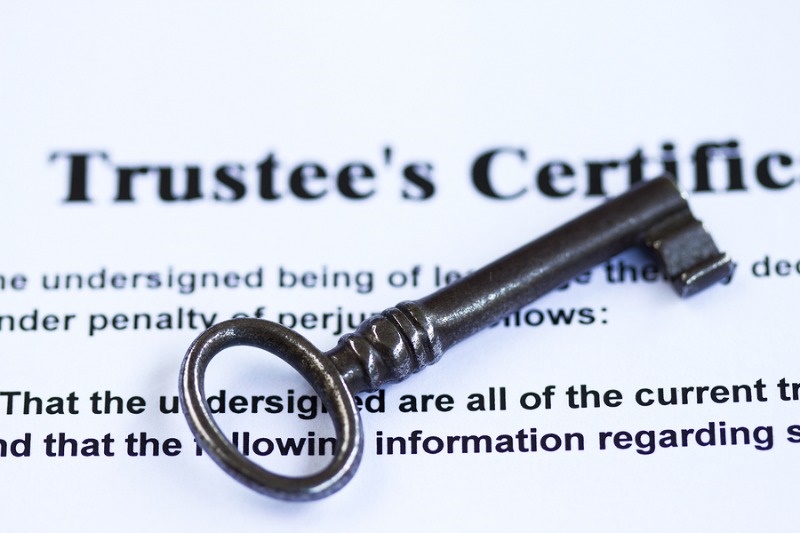As the aging baby boomer generation reaches retirement age and beyond, their wealth management decisions will significantly influence the demand for fiduciary services. Twenty-first century technology makes it easier than ever to retrieve up-to-date financial information and self-help investment guides. Accordingly, baby boomers and subsequent generations are more financially sophisticated than their parents, and increasingly responsible for their own savings, income, and financial future.
While many “boomers” feel comfortable managing their own assets, they are almost three times more likely to appoint a corporate trustee to manage wealth and inheritance for future generations.1 Motivations behind this decision include the increasing complexity of wealth management, reluctance to burden friends and family with such responsibility, and doubts about whether a named individual has the requisite skill.
There are many factors to consider when deciding to designate a corporate trustee. Below we identified several of the benefits and drawbacks to help guide you in this decision.
Benefits of a corporate or institutional trustee:
1. Most have years of experience managing trusts and developing estate strategies on a daily basis.
2. Corporate trustees are regulated by state and federal agencies, so your wealth is protected.
3. Corporations have greater access to resources and referrals, which can yield promising investment results.
4. There is a support staff to handle time consuming administrative duties, such as preparing consolidated asset and income statements, processing receipts, filing tax forms, and disbursements.
5. Corporate trustees typically are more objective and will adhere to trust documents faithfully, which may be difficult for close friends or family members.
Concerns about designating a corporate or institutional trustee:
1. Corporate trustees don’t know your family and/or your family’s needs.
2. Management fees charged by corporate fiduciaries are usually higher than individual’s.
3. There is a possibility of disruption of trust departments caused by bank mergers.
4. Corporate trustees may lack personalized attention/flexibility when discussing trust assets and investment and management decisions with clients.
5. Institutional trustees may have a conscious or unconscious bias toward investing in products offered by themselves or their affiliates.
Other important considerations:
1. The amount of trust assets. A “small” trust for some corporate trustees is one under $100,000, while $1 million is the threshold for others. Fee structures are often based on the percentage of assets needing management. When shopping for a corporate fiduciary, ask about the average size of trusts they manage and the fee structures.
2. The relationship between beneficiaries. Discord within a (blended) family may cause strife for the trustee. In these situations, it may be wise to opt for an impartial corporate fiduciary.
3. The capability of friends and family members. The types of assets used to fund trusts are becoming increasingly complex and often require the involvement of trustees with specialized skills or expertise. Unless the trust is unsophisticated or requires relatively little administration, a corporate fiduciary may better suited to serve.
4. Exploring other options. There are many “hybrid” trustee situations available, depending on the particular type of trust and its assets. Aside from the trustee, other individuals such as agents or power holders (also known as trust protectors or trust advisors) may be considered in certain circumstances. Similarly, co-trustees arrangements can be utilized.
However you decide to manage your trust assets, a wealth transfer plan is essential to guaranteeing a secure financial future for your family. Likewise, naming a competent fiduciary is a critical component of an effective wealth management plan. For advice or assistance with your estate planning needs, contact a qualified attorney or investment professional.
1 A 2007 national survey conducted by Northern Trust revealed that when establishing a trust, individuals name a corporate trustee in a current capacity 15% of the time, but name them in a future capacity 43% of the time. Legacy Trends 2007: Findings from a Survey of Trust and Estate Attorneys, NORTHERN TRUST. December 2007.





